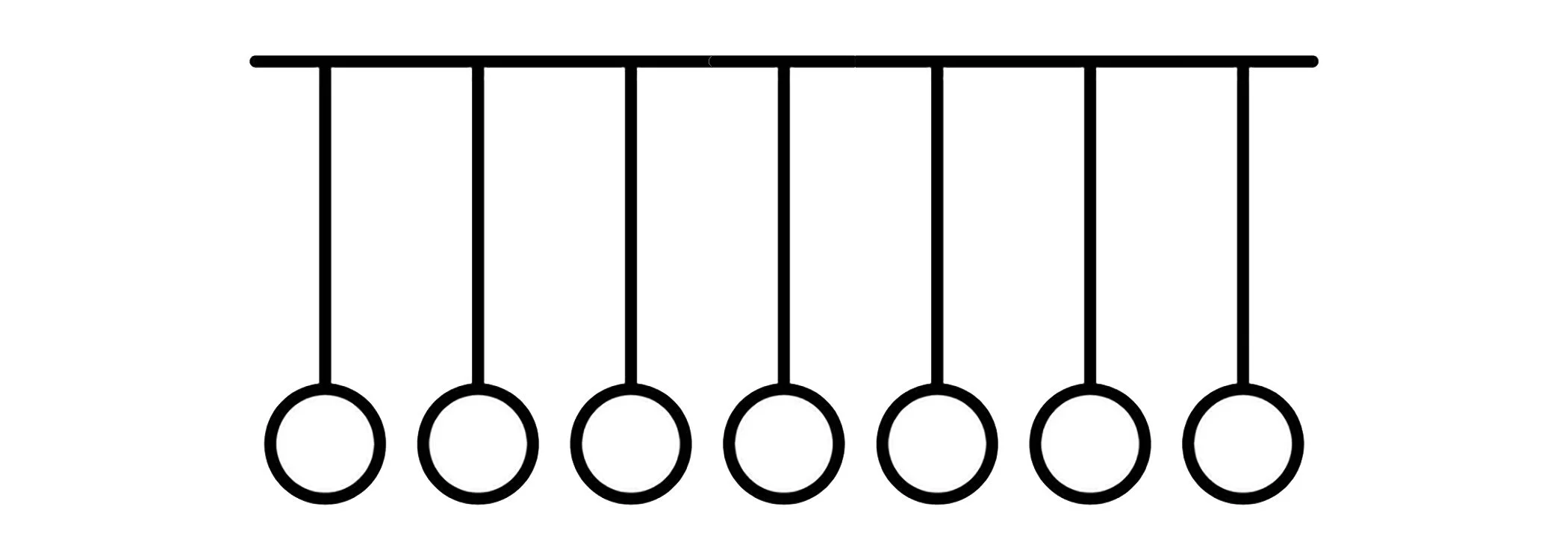Oliver Burkeman
Oliver Burkeman can’t deal. He doesn’t have the time. He’s overwhelmed and is giving up. And he advises we all do the same. In books such as Four Thousand Weeks: Time Management for Mortals, Burkeman calls on us to accept our limitations. We can’t Have It All, he says, even if we Just Do It, because our lives are limited by the ultimate deadline, death. But don’t be depressed. This isn’t simple resignation. It’s the lifting of a great burden, freeing our minds to focus on quality rather than quantity. Like practitioners of Zen, Burkeman wants us to be here now, experiencing our lives in an engaged way. Rather than skipping along the surface of things, we should instead dive deeper into those that we choose. The time we have here is limited, so Burkeman advises making all of it quality time, to stop consuming quantity and admit we just can’t keep up. Turn on, tune in, drop out. Stop trying to swallow the ocean. Accept that you can only do so much. Then do it to your damnedest, absent distraction. You just might find the world in a grain of sand.
steven lee beeber: If fear of mortality is the ultimate engine that drives us, do you think that people were better off when there was widespread belief in an afterlife? When I get anxious, it’s because I worry that I’m not taking care of what matters, that I won’t get a second chance to do the things that really count, that I’m screwing up my one shot.
oliver burkeman: It’s true that if you believe in an afterlife, you don’t have to worry too much about the part of it you’re living now because in a sense you’ve transcended limits. But you also have to consider that premodern people had a different relationship to time as a concept. Unlike us, they didn’t see it as an external thing that oppressed them or that they could try to extract value from. That emerged, largely, with the creation of time-keeping devices, a relatively recent invention in human history. Before that, time was something that you didn’t really think about – it was just life unfolding. Or, as Heidegger put it, you weren’t in an adversarial relationship with time, time was something that you were.
conduit: Considering that we do have time pieces and largely no longer believe in an afterlife, what do we do? What’s your first commandment on how we should live our lives?
burkeman: [laughs] I go round and round in terms of this, but I suppose ultimately you have to keep in mind that there are stakes. It matters what you choose to do with your days because they’re limited. According to Martin Hägglund (and arguably, I suppose, Heidegger) you should want this to be the case because it would be a terrifyingly meaningless existence if there weren’t stakes. On the other hand, this finitude makes us sufficiently uncomfortable that we engage in all sorts of avoidance of the emotional experience of it. Arguably, you could say that all of our pathologies around time are aspects of this attempt to not face the fact that there are stakes that matter, that after today is gone we will never get it back.
conduit: Like many of our readers, I’m a writer, so I was very intrigued by your discussion of procrastination as one of these avoidance techniques. Can you talk a bit about that?
burkeman: Maybe it’s because I’m a writer as well, but I think writing is an extraordinary crucible for these problematic psychological issues. One of the lines that I’m interested in pursuing in the book is that procrastination can be seen as a form of resistance to making something real. There’s something comforting, albeit depressing, about procrastination because when you don’t begin or make progress on something, or don’t complete it, you’re keeping alive this fantasy of perfection that would only be damaged in the world. In Time and Free Will, Henri Bergson says that we find fantasies about the future more alluring than reality, because in fantasies anything goes. You don’t need to make choices between the things you do, you don’t need to think about the limitations of your talents or of your control over the rest of the world, you can just sort of marinate in this feeling that it could be wonderful. As a result, it becomes very tempting to not bring things into reality where they can only be imperfect by comparison. Of course, procrastination isn’t just an avoidance technique—in a more positive sense, it’s a coping mechanism. Since our time is finite, at any given moment we’re procrastinating on almost everything. The goal is to procrastinate consciously.


